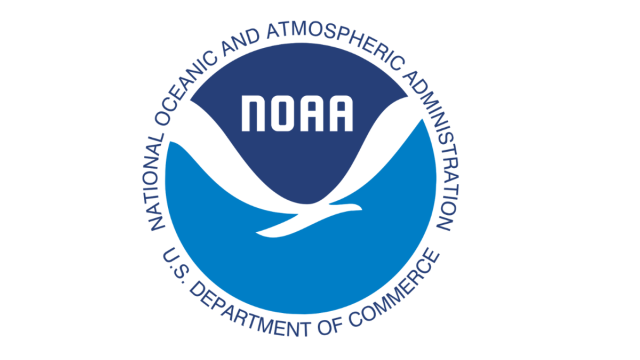Jill Lamontagne, a dedicated social worker and the Adult Case Management Supervisor at Waypoint in Kennebunk, Maine, brings her expertise in community support and wellness to the forefront of environmental advocacy. With a background in education, health sciences, and nursing, Ms. Lamontagne has been a driving force in helping adults with disabilities reach their goals while also supporting case managers in delivering high-quality services. Her hands-on experience coordinating community services, ensuring health and safety standards, and training professionals makes her a credible voice in initiatives that enhance local living conditions—especially those that support environmental sustainability. Passionate about giving back, she also devotes hundreds of volunteer hours each year to nonprofits focused on environmental protection and care for those in need.
The United States, like many nations around the world, is facing a myriad of environmental issues, from air and water pollution to food waste. According to Columbia Insight, approximately nine out of 10 Americans are concerned about the state of nature. Further research from the Pew Research Center shows that the majority of citizens feel that not enough is being done to protect local environments. Organizations such as the National Oceanic and Atmospheric Administration (NOAA) provide citizens with many ideas for conserving natural spaces in their communities and taking part in larger conservation efforts.
To start, individuals should educate themselves regarding local and national environmental concerns. Increased knowledge not only helps people understand where their efforts are needed most, but also allows them to educate others about the importance of conservation and the value of America’s natural resources. NOAA provides a wealth of environmental information online at oceanservice.noaa.gov.
As Americans continue to educate themselves on pressing environmental matters, they will learn about foundational conservation practices, such as the three R’s: reduce, reuse, and recycle. The three R’s provide a basic guide for preserving resources and minimizing the need for landfill space. Americans should contact recycling facilities and programs in their communities and ask how they can optimize their recycling efforts.
In addition to reducing the waste individuals and households produce, Americans should conserve water whenever possible. Excessive water usage harms the environment in several ways, including wastewater and runoff that corrupts the local water table and, eventually, the ocean. Americans should also refrain from introducing toxic chemicals into local waterways by using non-toxic chemicals at home and the office.
Individuals can conserve water in several ways, such as fixing leaks and installing water-efficient products, including high-efficiency toilets and showerheads. Americans should also take shorter showers whenever possible. Energy-efficient products should also be installed, such as LED light bulbs, which reduce greenhouse gas emissions.
Purchasing water and energy-efficient products is one example of environmentally conscious shopping. American consumers interested in protecting the environment can alter their shopping habits in several additional ways. For instance, consumers in the US still use more than 100 billion plastic bags each year, which equates to over 300 bags per person. The average plastic bag is used for 12 minutes but takes 10 to 20 years to decompose. American shoppers should transition from plastic bags to reusable shopping bags.
Individuals should opt for sustainable products as often as possible. Considering the various labels food products can carry, Americans may feel overwhelmed trying to decide which products are truly beneficial for the environment. It can be helpful to find trusted online resources. For instance, fisheries.noaa.gov provides insight into sustainably sourced seafood products.
Americans can serve their local environments by planting trees around their yards and communities. Trees are a natural source of food and oxygen. They provide many environmental benefits, such as cleaning the atmosphere and mitigating the effects of climate change.
Another simple at-home change Americans can make to benefit the environment involves driving less and cycling more. Cycling is good for physical health and produces zero greenhouse gas emissions, while the average passenger vehicle emits 4.6 metric tons of carbon dioxide each year.
Finally, individuals should volunteer when and wherever they can. Individuals can join local environmental organizations or organize local cleanup projects of natural spaces, using their newfound education to inform and lead other members of the community.


